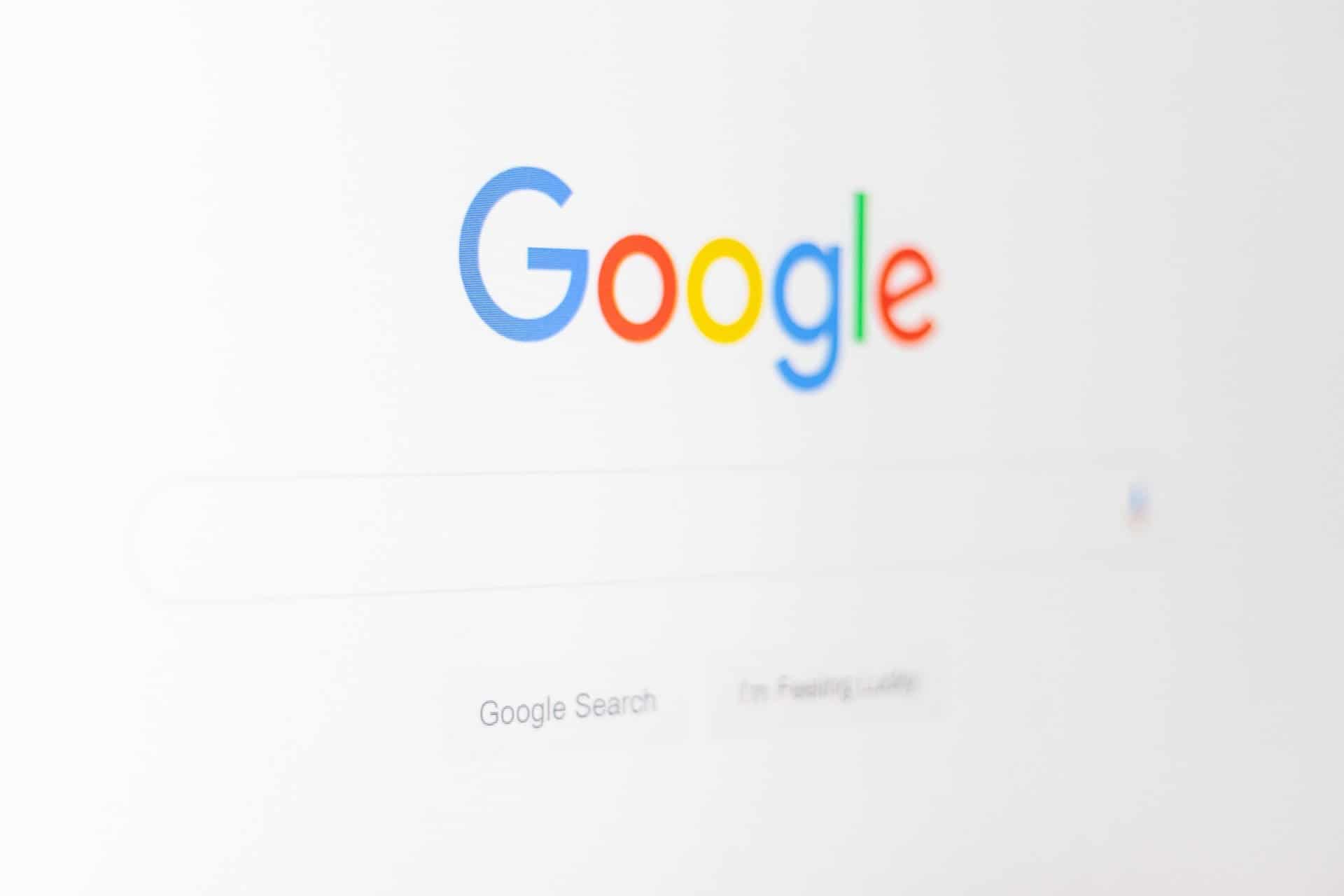With the advent of legal-tech, it has become even more pertinent for those in the business of law to come forward and pitch their work to their potential clients. Through this Legal Marketing Guide, we attempt to spread information and awareness about why marketing is important for lawyers and what are the various ways in which you can market yourselves.
Running a law firm is akin to running a business. You need to put yourself out there so that your potential clients can see the good work you are doing. Often people think that marketing is not required for lawyers, but that is a misnomer which should be put to rest. Lawyers and law firms require marketing even more than other businesses because law is a profession about which very little is known.
More often than not if you are an independent lawyer or a sole practitioner, you do not even know how to market yourself. Marketing in the legal field is restricted to client references and it is rare that we see lawyers and law firms opting for the non-traditional ways of marketing themselves.
Table of Contents
What is Marketing?
If we examine it academically, then marketing is a strategy which helps a company bring out its positives and pitch to the public the services/product they are offering. Spending on marketing is considered as an investment in the product or the service, as it helps in maximizing sales and hence in earning revenue.
Earlier marketing was more of a promotional practice. You would remember receiving cold-calls from marketing executives or huge billboards put up with the company’s contact details placed on them. Today’s world is moving away from these traditional practices.
Technology and the pervasiveness of the internet have brought the globe together and hence, new ways of marketing oneself are emerging. In fact, marketing now does not even involve coming face-to-face with your customer. We all buy products from e-commerce platforms, how many times have we met the vendor? Hence, marketing these days is more convenient and innovative. You can come up with various ways and ideas to popularize your services/products.
Another question, which often picks your mind is: Why do lawyers need to market themselves?
Earlier, lawyers would open offices and anyone who had a dispute would come to them. ‘Marketing oneself’ was not a term the legal field was familiar with. However, as the world is coming closer and as competition is getting narrower, it is important that one stays on the top of things. Let us understand why a lawyer would need to market themselves.
Why Do Lawyers Need to Market Themselves?
Imagine you open a law firm, put up a nice board, write what services you offer and open the shop for business. Who would be your potential clients? People who frequent that area and see your board, people who live in that neighbourhood and at most those people who live in the same city and would have heard that a new lawyer is open for business. But, how do you expand your reach? How do you let people who live beyond the geographical limits know what you do? How do you let people know that you offer good-quality services? This is where marketing comes in.
At the end of the day, an independent lawyer or a law firm is nothing more than a business and every business requires marketing. Remember that branding oneself is very important. If you go to the market to buy chocolates, and you see Hershey’s, you automatically stop worrying about the quality, however, if you see a local brand, you may have doubts. That is exactly where creating a brand and popularising the same comes into the picture. Like all businesses, legal businesses also need to create a trusted brand, which potential clients can trust and in order to create such a brand, lawyers need to market themselves.
Some other reasons why legal businesses should market themselves are:
- Creating credibility among potential clients.
- Expanding the reach of their services
- Building a diverse client base.
- Showcasing your skills.
- Enhancement of visibility.
A lawyer is as successful, as he is famous. An unheard of lawyer, may not get a lot of cases, but a popular one would always have his hands busy. Marketing puts you on the map. It makes people see you and the value you bring to the table. It lends you credibility and makes you a trusted brand name. Never shy away from marketing! In this modern technology age, marketing is as important as the quality of service you are offering.
Is Advertising Permissible for Lawyers?
Legal advertising means to circulate the services provided by a legal professional in the Court of Law. Different bar councils have different guidelines pertaining to advertising. Let us examine a few jurisdictions:
USA
It is legal for a lawyer to advertise in the USA. However, it is subject to the rules and guidelines framed by various state bar associations. The American Bar Association has laid down certain rules for advertising by lawyers.
If the information being disseminated is false or misleading or creates false or misleading perceptions, then such advertising would not be legal. However, various state bar associations have their own rules and if you are operating out of a specific state, you should adhere to these guidelines.
India
The Bar Council of India (BCI) does not permit advertising or solicitation of legal advice through online mediums. The reason behind this restriction is that in India, the law is considered an honourable profession and advertising would lead to commercialisation.
However, amended Rule 36 of BCI rules allow a lawyer to operate his or his firm’s website but only general information like name, contact details, their educational qualification, areas of practice, enrolment number of State Bar Council can be provided on that website.
Now, there is no restriction in disseminating information through online medium and this is how lawyers market themselves in India.
Canada
Advertising rules for lawyers in Canada are governed regionally. The Law Society of Ontario recently expanded their rules for law firm advertising/marketing and stated that law firms can advertise as long as the advertisements are accurate and verifiable. Law Society of Alberta too prohibits misleading advertisements. Some Don’ts for law firms while advertising in Canada are:
- Do not make emotional appeal.
- Do not send across a message that you practice a particular area, when you do not.
- Keep the intent of your marketing efforts more information-based.
- Your marketing should be more societal in nature and should keep public interest in mind.
Australia
The Rules for advertising in Australia are governed by regional legal services commissions. The General Australian Solicitors Conduct Rules, 2012 also governs the conduct of solicitors. It mandates that any advertisement by the lawyers should not be:
a. Misleading
b. False
c. offensive or
d. Prohibited by law
In addition to this, a lawyer should not present himself as a specialist, if he is not. The usage of terms such as `accredited specialist’ is strongly discouraged, until and unless the lawyer actually holds an accreditation from a relevant professional body.
The Law Institute of Victoria released direct marketing guidelines which deal with cold-calling and e-mail marketing. These inter alia include that lawyers should not use undue influence or coercion in their marketing efforts. They should keep in mind whether the physical, mental and emotional state of a prospective client is such that he would be able to decide to engage a lawyer.
The settings in which marketing activities are carried out need to be taken into account. Care should be taken by the principal attorney that the staff engaged in marketing (non-legal staff) does not render legal advice to clients.
United Kingdom
Solicitors’ Publicity Code governs advertising by lawyers in England and Wales. It prevents the lawyers from approaching lay individuals, however no such restrictions have been placed with respect to corporate entities. It prohibits misleading and inaccurate advertisements. It also requires law firms to maintain transparency regarding their fee. Misleading names should not be used.
Unsolicited visits to prospective clients or telephone calls are also not permitted under the rules. International marketing should comply with the rules given under the Code and to the laws related to advertising in such international jurisdiction.
Legal Marketing: Online v. Offline Marketing
Marketing has transformed the way every single product is sold. What once was a mere additional cost, a luxury markup or an optional overhead, has become more important than the core operation of a business.
While marketing can be done in several formats depending on the kind of outreach one seeks, owing to the complexity of response from different kinds of customers, it is often confusing on overlapping as to which format is most suitable. New technological features that assist marketing have thus changed marketing as an approach, even though the fundamental principles remain the same. There are typically two formats of marketing:
Offline Marketing
Offline Marketing refers to using traditional marketing techniques that do not use the internet as a medium for advertising or marketing. They could range from using print and broadcast media, physical door to door marketing, promotional gifts and events or even word of mouth advertising.
Owing to an exponentially growing online media presence and activity, and disappearing print media and door to door practice, offline marketing is highly underrated.
Offline marketing is known to build trust faster than online marketing owing to high credibility stemming from direct contact of the product and the marketer with the consumer.
Methods which use the repetitive and strategic methods of advertising such as brochures and billboards tend to create a long-lasting impact on the consumer effectively, instead of bombarding them with information on the same product every ten seconds. It tends to target the section of the society that does not have a substantial online presence such as elderly people or even CEO’s who may not have time to read online ads and spams. Offline marketing thus has specific outreach and wide-ranging advantages.
Online Marketing
Online Marketing is the consequence of the Internet and the technological boom. Online marketing refers to the usage of the internet as a medium and platform for advertising and marketing. It includes social media advertising and engagement, usage of online listings, search engine optimization, website creation, online banner advertisements, email marketing, video blogging, and so on.
The advantages of online marketing are multifaceted and thus contribute to the exponentially growing usage of this format. Return on investment and real-time results can be calculated through responses, demographics, impressions, follows, likes, views, shares, and purchases that are very easily visible through online tools and assistance.
Basic online marketing only requires network connectivity and a device, as opposed to offline marketing that requires a bigger capital. This kind of marketing transcends to boundaries of a specific area and puts the business on the global map, owing to features of global outreach.
It additionally maintains a direct connection between the marketer and the consumer thus creating an avenue for greater feedback and not just acting as an impression that transcends from the marketing of a product to the usage of the product.
In ways, it creates the need for marketing as a separate feature that can attract feedback and review and not just a connection to provide feedback on the quality and usage of the product or service itself.
Business Development and Digital Marketing: The Inherent Connect
Let us understand the inherent connection between business development and digital marketing through an example: if a company wants to sell chemical-free shampoo, it must identify the target audience of people wanting to invest in hair care, devise suitable marketing and price points through market research, and broadcast appropriate message to promote the product to the said audience.
This can only be done after the cooperation between various departments while making sure that their individual goals are in alignment with the end goal.
Business development professionals analyze the needs of the customer, the scope for a brand or product in the market, and creating necessary partnerships for promotion or other needs. A good illustration of partnerships would be the product placement seen by celebrities on social media.
Marketing is responsible for analyzing what the potential customer base needs or would want, developing a plan to broadcast the firm’s message, and communicating information regarding the product. Marketing creates the content and message while business development informs the market trends.
If the marketing team creates the kind of content which will generate interest, it is important for the business development team to ensure the lead is taken forward to fruition. Hence, the inherent connection between the two departments for the growth of the company is important.
But it must be kept in mind that these have to be in line with the priorities of the clients. Taking the shampoo example again, some of the joint projects that the two wings can do together are:
- Content development: The marketing team would create educational content like the benefits of the ingredients, importance of hair care etc. which the business development would think would be most appropriate according to the culture of the potential market.
- Speaking engagements: The marketing and business development teams can work together to create events like press conferences, or create opportunities for pitching the product at social gatherings and related conferences.
- Campaign development: The marketing team’s role is to create and promote advertisements and events while the business development team tries to communicate with the audience. It is seen a lot of times on social media platforms that the company responds to customer queries, which generates further interest in the products.
Digital Marketing for Lawyers
Digital marketing is the new traditional marketing! Read our guides on digital marketing for lawyers and law firms to get tips and strategy to grow your law practice in 2021:
This post was first published on January 7, 2022

















